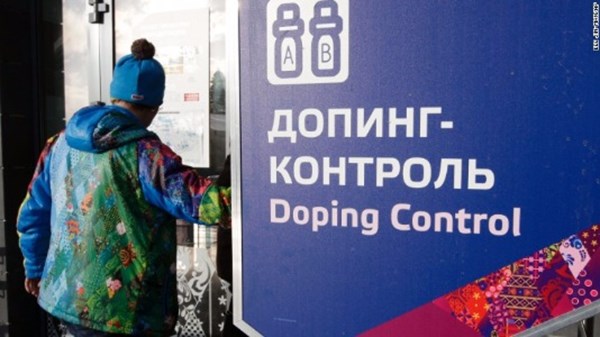Meldonium found in several other Russian athletes
Several other Russian athletes have also tested positive for meldonium. The drug has been banned since the 1st of January.
Meldonium has been found in test samples taken from: Alexander Markin, a member of the Russian men’s volleyball team and a bronze medalist of the 2015 European Games; Pavel Kulizhnikov, a speed skater and five-time world champion; and Semen Elistratov, a short-track speed skater and an Olympic champion.
On the 7th of March, professional tennis player Maria Sharapova, who is ranked seventh and is a five-time Grand Slam winner, admitted that she failed a drug test at the 2016 Australian Open. She had tested positive for meldonium.
On the 8th of March, Sharapova's endorsements with Nike, Porsche and Tag Heuer were suspended.
After the skater, Ekaterina Bobrova, was caught using meldonium, she and her dance partner, Dmitry Solovyov, were banned from participating in the World Cup in Boston. They are both Olympic champions in the team events and they are the 2013 European champions.
The same drug was also found in the samples of cyclist, Eduard Vorganov.
All of these athletes are banned from any competitions until their case investigations are completed.
Meldonium belongs to a class of hormones and metabolism modulators. It is used by athletes to improve their endurance.
The creator of the drug, Ivars Kalviņš, was a Soviet, and now Latvian, scientist. “This is not a doping drug. It is a drug that protects athletes when their heart and muscle cells start to die,” Kalviņš explained to TASS. He said that meldonium is taken by approximately two million people every year. In addition, he thinks that it is pointless to seek clarification from the World Anti-Doping Agency (WADA).
On Tuesday, the Russian Sports Minister, Vitaly Mutko, told journalists that more cases of Russian athletes using meldonium will be disclosed in the future, and each case will be investigated on an individual basis.
